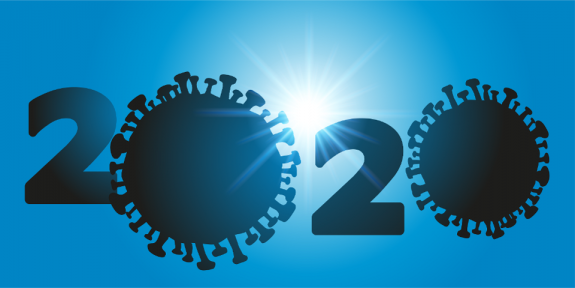Information and influence

This post might be usefully be sub-titled
“Communication, consultation and cultural connections”.
We have not learnt our lesson from dealing with our First Nations, because we continue to try to impose policies and procedures on cultural groups without adequate explanation of the relevant background.
COVID-19 appears to have several important characteristics in the context of trying to minimise harm. People can be, and many are, asymptomatic, and there is no certainty as to the extent that these people may pass on the infection.
The people most likely to die, if they become infected, are in our more senior ranks and those with impaired immune systems – but that does not mean that the infection cannot both be passed on to and be serious for younger age groups – including children.
We do not know for certain how infectious a person might be if they are infected but not yet displaying symptoms.
All of these variables mean that an offer of free testing should never be refused.
COVID-19 is only like flu in a few respects, and is much more likely than flu to leave the person who becomes infected, with quite serious after-effects, resulting from damage to the lungs or the cardiovascular system.
Once infected, if social isolation is not adhered to, there is a virtual certainty that the infection will be passed on and may be responsible for a massive increase in cases. This, in turn, puts severe pressure on the health system – and puts at risk the lives of all health care workers.
I watched the other day a news report showing interviews with Victorians in the hot-spot areas being invited to be tested. I was horrified by the casualness with which the offer was brushed aside “I have no symptoms”, “I don’t care if I catch it” were the sort of phrases used by those denying the need to be tested.
I was left wondering how much clear information had been given to these people about the reasons for and importance of the testing process. Do they understand the difference between being in contact with other household members, as opposed to with other members of the family, for example?
Centrelink gets criticised over many things, but when they put out an information pamphlet, they make it available in just about every language (actually over 60) used in Australia, except possibly those of our First Nations.
The point of being tested is not exclusively to find out if the person is her/himself in need of treatment, but to prevent or reduce cross-infection and avoid soaring numbers requiring hospitalisation.
I know that people are often very self centred, and do not immediately consider the possible impact of their actions on others. All the more reason to ensure, in the pandemic context, that they are fully aware that being tested may save the lives of other people, including ones to whom they are related.
This is where tribal and religious leaders need to be brought into the picture, because they may well be able to explain the importance of testing more effectively in a community context.
After all, most religious leaders have been cooperative in holding religious services other than in crowded churches, synagogues, mosques and temples.
We look like being limited to travel inside Australia for some time to come, while also limiting the countries from which we will accept visitors.
If we are going to be able to move around reasonably freely inside Australia, then it has to be a joint effort by everybody to ensure that we reduce to an absolute minimum the possibility of further waves of infection and consequent deaths.
Communication of the reasons why testing everyone – not necessarily only once – is incredibly important and every valid means of getting that message across should be used.
We have more than enough laws already, so we should try to use firm persuasion whenever possible – carrot rather than stick!
Like what we do at The AIMN?
You’ll like it even more knowing that your donation will help us to keep up the good fight.
Chuck in a few bucks and see just how far it goes!
1 comment
Login here Register here-
New England Cocky
Return to home pageA well balanced sensible objective analyaia od the present COVID-19 situation and and the rules that ALL PEOPLE should adhere to thus remaining COVID-19 free and uninfective.
When moving around Melbourne and indeed Victoria, practice social distancing and wear a suitable facemark.
If you doubt the wisdom of this advice watch today’s scoreboard where the USA (United States of Apartheid) is following Trumpery to extinction because he ensures that every person who comes within his sphere of influence is tested for COVID-19 off camera before every publicity shoot.